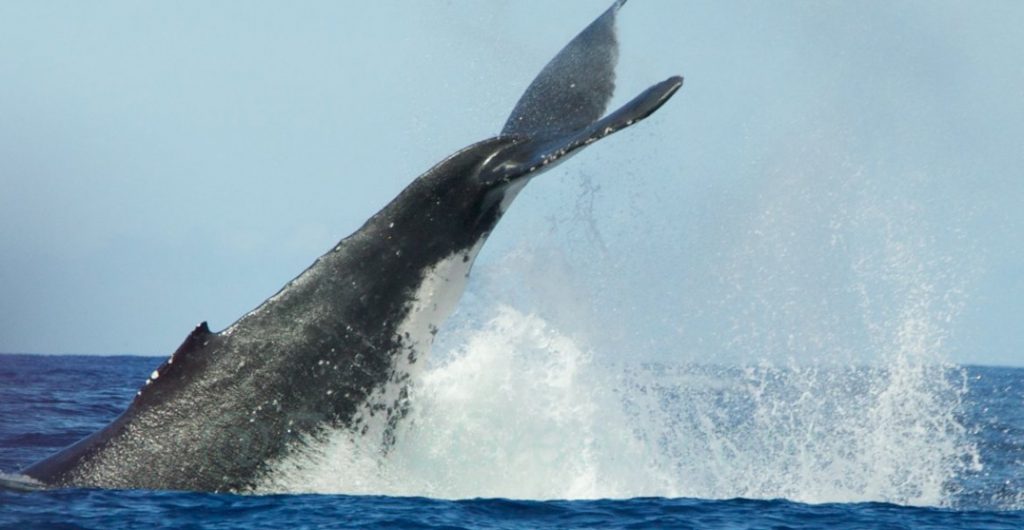Whales have changed the timing of their seasonal migration in response to global warming
Researchers have already documented the early impact of climate change on whale populations in the Northern and Southern hemispheres and grave concerns that the dangers to whales will grow. In particular regarding the loss of food sources whales depend upon, the changes to the food web of the entire ocean and the impact on migratory paths and the consequences for their breeding grounds.
Krill reduction and ocean acidification affect whales
The global warming “affects all ecosystems, especially the Antarctic,” says Mariano Sironi, Argentine expert on southern right whales (Eubalaena australis). It reduces the amount of kril, basic whales feeding in polar areas where these mammals ingest several tons a day to fatten prior to their migration.
Roger Payne, American scientist who introduced the singing of whales in Patagonia in the 70s, pulls the alarm signal also on ocean acidification, also due to climate change and endangers the reproduction of cetaceans.
“With the survey we conducted in Argentina in the last 45 years, we have evidence of climate change’s effect on a major marine species: the females give birth only when the conditions to feed their young are favorable”, he told AFP. In Puerto Lopez, Cristina Castro observed humpback whales “emaciated” by the lack of food in the Antarctic and the longest migrations.Just as the blue whale, the populations of humpback whales “no longer show signs of increasing,” warns the president of the Cetacean Conservation Center of Chile, Barbara Galletti, who observes them the past 15 years.



